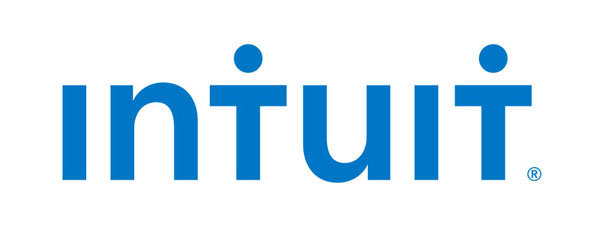
Easier access to funding is where women-owned small businesses need the most help right now according to a 2022 survey commissioned by NAWBO in partnership with Intuit QuickBooks, and NAWBO members who attended last month’s Advocacy Days in Washington, DC, made sure this was clear during meetings on Capitol Hill with legislative decision makers.
Almost half (49%) of the 1,036 NAWBO members who completed the survey say extra funding would have the greatest impact on their business today…if they could get it. In order of preference, they want expanded access to government grants, tax breaks and business loans. Here are other survey takeaways that are shaping our current advocacy efforts:
- The smaller the business, the greater the funding challenge. Overall, just one in six respondents (15%) say they have ever received a private loan. For businesses with less than $50,000 in annual revenue, this drops to just 3%.
- Help with hiring is second on the list of NAWBO members’ priorities. Excluding respondents without employees, one in five (20%) say this would have the biggest impact on their business.
- More than a third (36%) have posted new job openings over the past month. Of these, more than two-thirds (67%) say hiring is harder than before the COVID-19 pandemic. Only 5% say it’s easier.
- More than three in five respondents (62%) currently have employees while more than seven out of 10 (72%) have contractors. Among those who say hiring is getting harder, a lack of candidates or candidates’ lack of skills are considered the main causes.
- To attract and retain talent, two-thirds (66%) are offering new benefits, while roughly a third (38%) provide health coverage. One in six (16%) have introduced paid sick leave during the pandemic. One in 10 (11%) now offer paid family leave.
- More than half of the respondents (52%) expanded remote work during the pandemic. Almost all (97%) of those who introduced these new policies say they’re here to stay. And this makes sense, because the majority operate in industries where remote work works well. More than half (52%), for example, specialize in advertising, marketing, finance or professional services.
- Overall, seven out of 10 (70%) respondents invested in new technology during the pandemic. The most popular were ecommerce, customer relationship management tools and technology that connects remote teams.
- All (100%) of businesses that introduced new technology during the pandemic say it’s benefiting them. More than a third (38%) report faster growth as a result. More than nine out of 10 (94%) say the innovations are now a permanent part of their business.
- The most valuable digital technologies are those that connect essential parts of their business. More than two in five (45%) say better use of social media will contribute to faster growth over the next year. More than one in five (21%) say growth will come from financial technology, also known as fintech.
- This growing reliance on digital tools may explain why one in 10 respondents (10%) say better “technology literacy” would have an ever-greater impact on their business than more funding. Sole proprietors and businesses with lower annual revenues are the most likely to need this.
- Still, roughly one in 12 respondents (8%) say they don’t have affordable access to a reliable, high-speed connection. It’s lower revenue businesses that struggle most here—resulting in another significant barrier to small business success.
Read more about this survey on the QuickBooks blog here.

